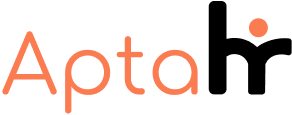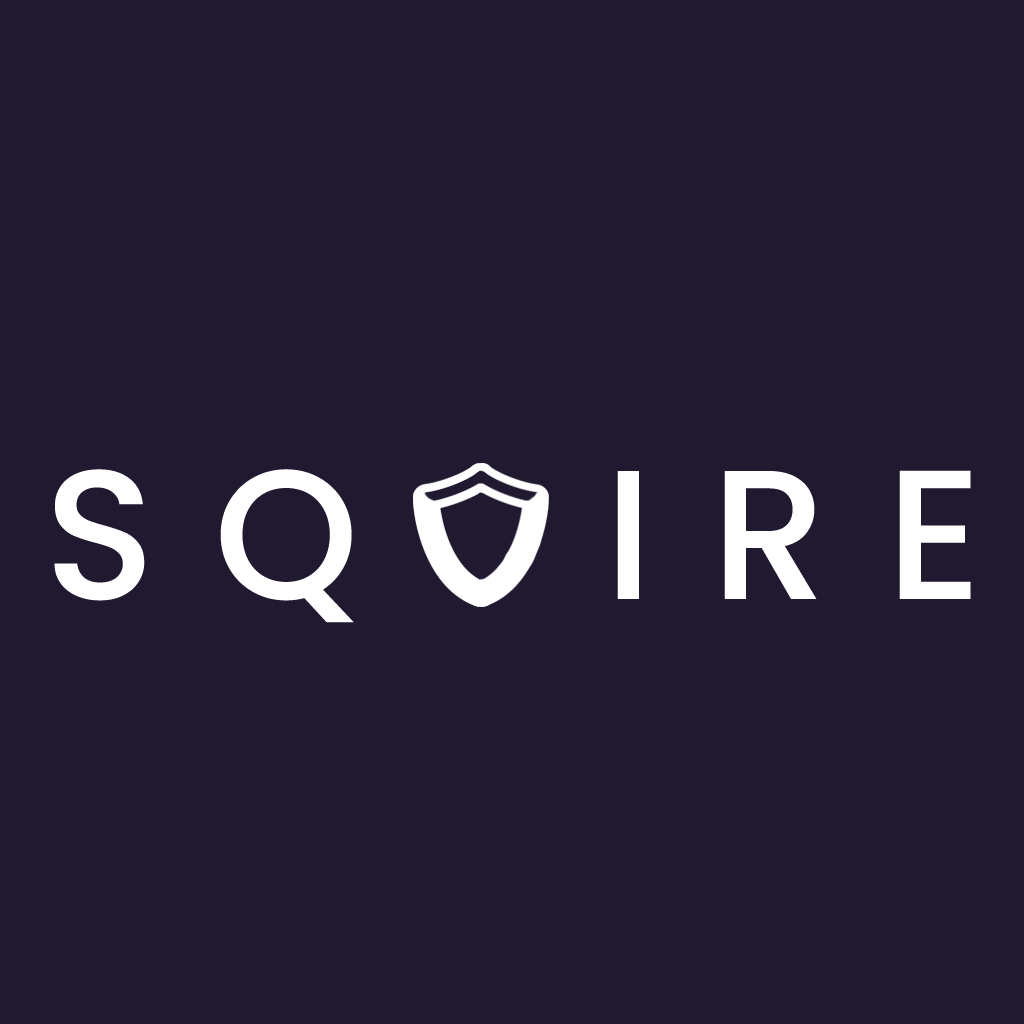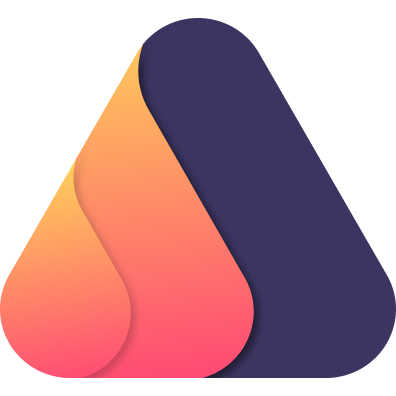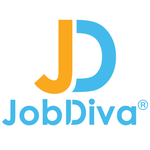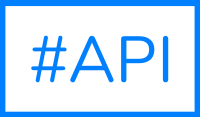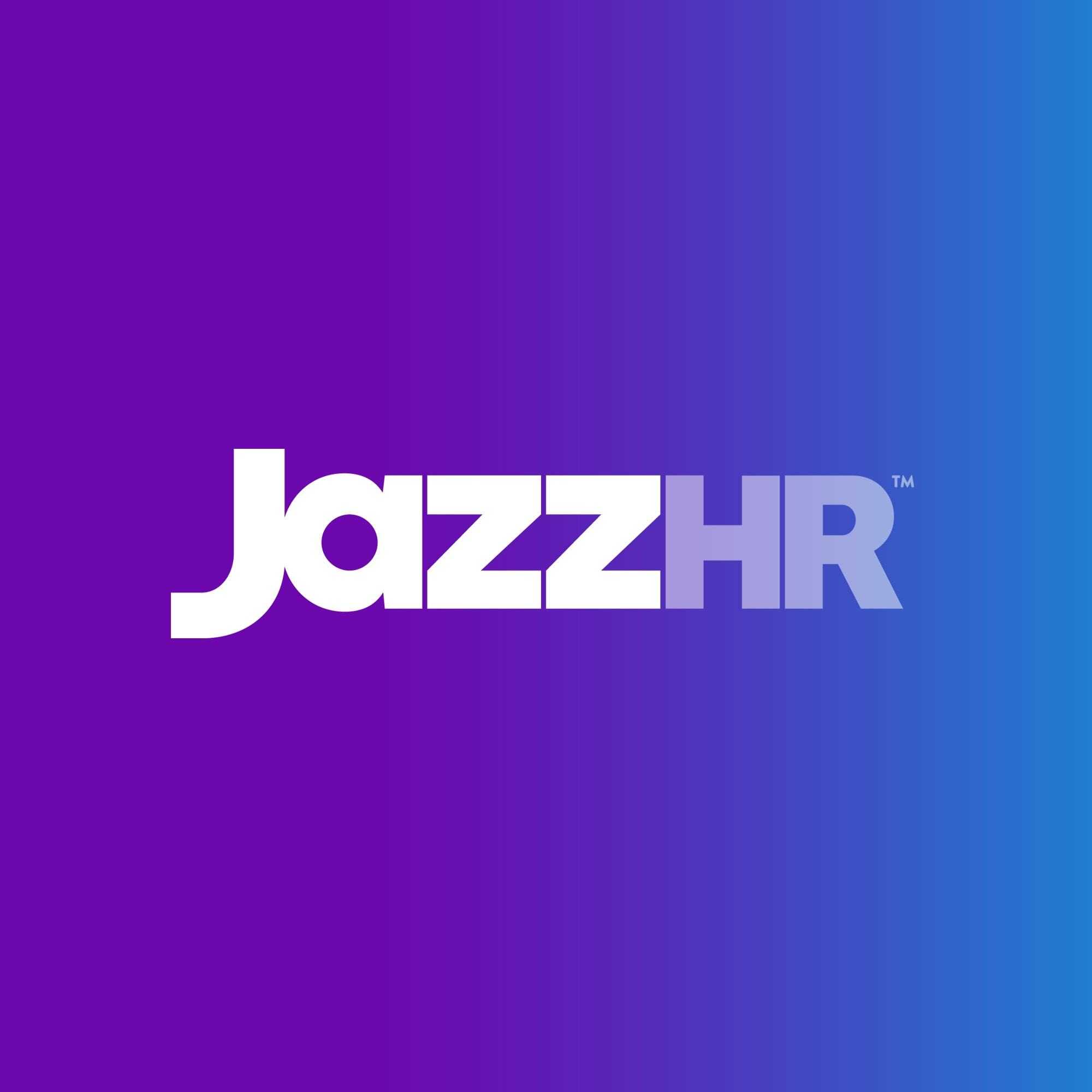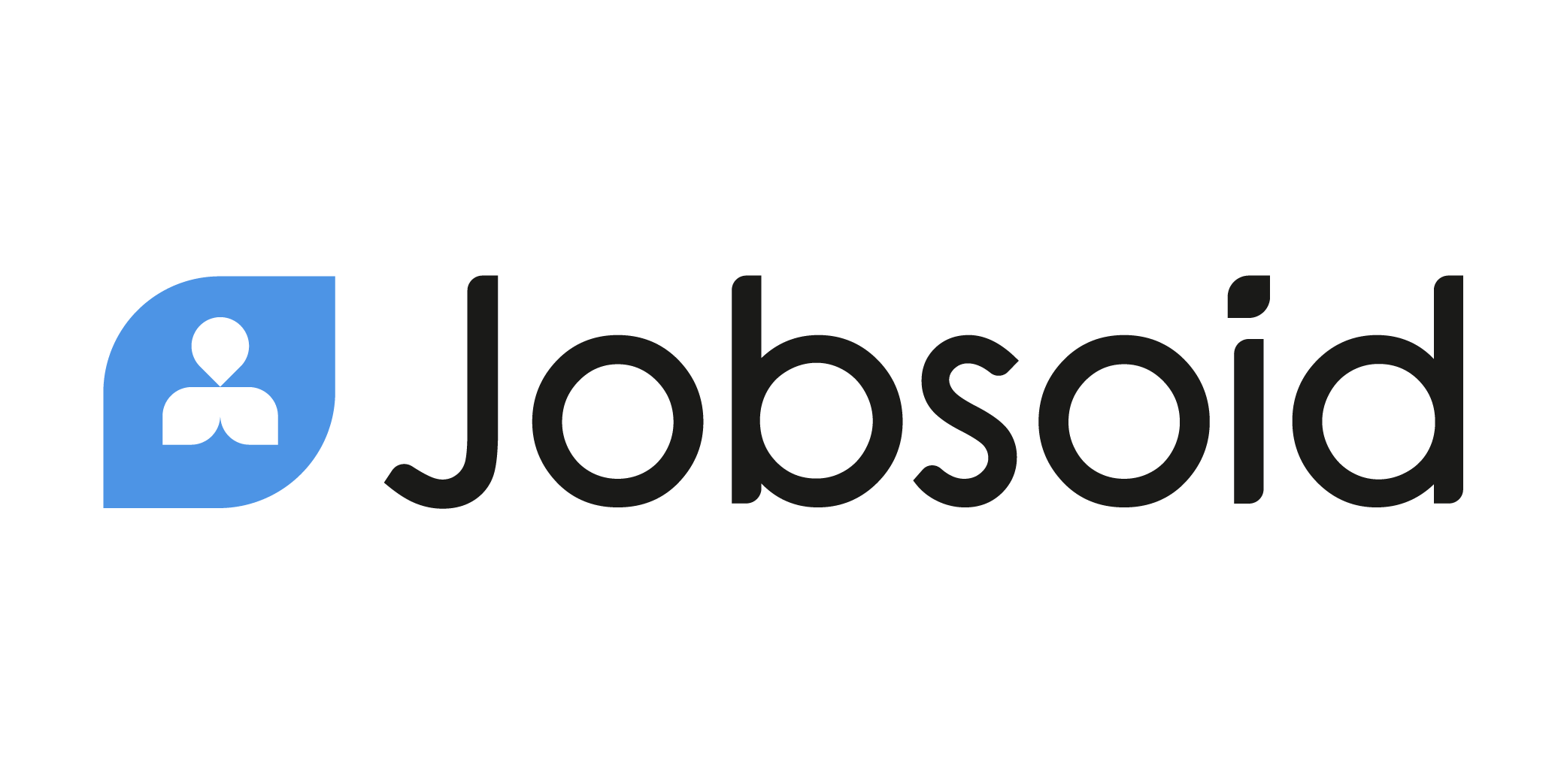What Is Recruitment Automation Software?
Recruitment automation software, sometimes called talent acquisition software, is an effective tool for automating and enhancing the hiring process. It uses powerful artificial intelligence (AI) and automation technology to manage all parts of recruitment, including candidate sourcing and screening, interview scheduling, and onboarding. This saves recruiters time and effort while resulting in a more efficient, consistent, and data-driven hiring process.
At its core, recruitment automation software aims to assist employers and HR professionals in attracting, engaging, and hiring top people for their organizations. It is suitable for a variety of hiring needs, including full-time, part-time, freelance, and remote roles. The software incorporates a variety of features to streamline and improve the recruitment process, including job advertising and distribution, resume parsing, candidate screening, applicant tracking, and team-based hiring collaboration capabilities.
One of the key advantages of recruiting automation software is the potential to enhance the candidate experience. It may give candidates with timely updates, collect feedback, and answer questions while keeping them engaged throughout the recruitment process by utilizing AI-powered chatbots and personalized communication. This results in a more good employer brand and an increased possibility of attracting top personnel.
Another benefit of recruiting automation software is its data-driven approach. By studying and tracking recruitment indicators, businesses can uncover bottlenecks and enhance their overall recruiting strategy. This covers critical indicators like time-to-hire, cost-per-hire, and candidate quality, which can help firms make informed hiring decisions and continuously improve their recruitment processes.
When selecting a recruiting automation software, it is critical to evaluate the integrations and capabilities. Some software may work with job boards, social networking platforms, and background check services, whereas others may provide AI-powered video interviews and talent assessments. Ultimately, the appropriate software will be determined by the organization's exact hiring requirements and budget.
What Are The Recent Trends In Recruitment Automation Software?
Recruitment automation software is always improving to meet the changing requirements of the modern recruitment process. Stay up to date on the newest trends in this area to ensure you are investing in the best option for your company.
Here are some of the most recent trends in recruiting automation software to consider.
1. Artificial Intelligence (AI) Integration: AI has become a game changer in the recruitment process, with recruitment automation tools now incorporating AI technology to improve efficiency and effectiveness. This involves deploying AI-powered chatbots for initial candidate screening, analyzing resumes to identify important skills and qualities, and matching candidates based on job needs.
2. Predictive Analytics: Recruitment automation software now includes predictive analytics, helping recruiters to make data-driven decisions and more precisely discover top candidates. This technology can assess candidate data, including as work history and skills, to forecast their job performance and prospective fit with the firm.
3. Mobile Optimization: As the number of mobile devices has increased, recruitment automation software has become more mobile-friendly, making it easier for candidates to submit resumes and recruiters to examine applications while on the go. This tendency is especially crucial for attracting and engaging younger generations, who rely extensively on mobile devices.
4. Social Media Recruiting: In today's digital world, social media has become an effective recruitment technique. Recruitment automation software now integrates seamlessly with social media networks, making it easier for recruiters to find and interact with potential applicants on these channels.
5. Video Interviews: To streamline the hiring process, recruitment automation software now supports video interviews. This trend enables recruiters to conduct video interviews with prospects remotely, saving time and resources while creating a more personalized and engaging experience for applicants.
6. Diversity And Inclusion Capabilities: To promote workplace diversity and inclusion, several recruiting automation software systems now include capabilities like blind resume screening, gender-neutral language recognition, and bias-free job descriptions.
It is critical to stay current with these recent innovations in recruitment automation software, as they can provide vital insights and increase efficiency in your recruiting process. Consider your company's needs and choose a software solution that integrates these trends to stay ahead in the competitive job market.
Benefits Of Using Recruitment Automation Software
Recruitment automation software is an effective tool for streamlining and improving the recruiting process. It makes use of technology and artificial intelligence to automate numerous operations, increasing the efficiency and efficacy of the hiring process.
Let's explore, will go over the primary benefits of adopting recruitment automation software, allowing you to make an informed decision about investing in this solution for your firm.
1. Increased Efficiency And Time Savings: One of the most significant advantages of employing recruitment automation software is its ability to automate repetitive and time-consuming operations like resume screening, candidate sourcing, and interview scheduling. This streamlines the hiring process and saves recruiters considerable time, allowing them to focus on other important activities.
2. Improved Applicant Experience: Recruitment automation software contributes to a smooth and positive candidate experience by decreasing delays and streamlining communication. Candidates can receive regular updates on the status of their applications thanks to tools such as automated email and SMS notifications, which make the recruitment process more transparent and engaging.
3. Improved Candidate Sourcing: Using AI-powered algorithms and data-driven insights, recruitment automation software may assist recruiters in identifying the best candidates for a position. This reduces time and effort on manual candidate sourcing, resulting in higher-quality prospects.
4. Improved Accuracy And Reduced Bias: AI-powered recruitment automation software can minimize human errors and prejudices that are commonly connected with the hiring process. By scanning and evaluating individuals using objective criteria, it provides a fair and unbiased recruitment process.
5. Cost Savings: Implementing recruitment automation software can lead to significant cost savings for businesses. It lowers the need for physical labor and streamlines the recruitment process, resulting in lower hiring costs.
6. Improved Data Management And Analytics: Recruitment automation software automates operations while also collecting and organizing applicant data in a centralized database. This enables better recruiting statistic tracking, analysis, and reporting, as well as data-driven hiring decisions in the future.
7. Faster And Better Recruiting Judgments: Because this software automates and organizes the recruitment process, recruiters can make hiring decisions more quickly and accurately. With real-time data and analytics, they can swiftly discover top prospects and make data-driven hiring decisions.
8. Scalability And Flexibility: Recruitment automation software is scalable and adaptable to changing recruitment requirements and volumes. It can handle a large number of candidates and job openings, making it an excellent alternative for businesses of any size.
Important Factors To Consider While Purchasing Recruitment Automation Software?
When it comes to selecting recruitment automation software, firms need examine three key elements to guarantee they are making the correct investment. This software can significantly speed and improve the hiring process, therefore it is critical to carefully consider each alternative before making a decision.
The following are the most important considerations when purchasing recruiting automation software.
1. Key Features: The first step in assessing recruitment automation software is to identify your company's particular requirements and look for features that address those demands. Some key elements to check for are resume parsing, job posting, talent sourcing, and application tracking. Create a list of must-have features and prioritize them according to your needs.
2. User Friendliness: The program you select should be simple to use and navigate. It should not require substantial training or technical knowledge to operate. Consider demos or free trials to acquire a feel for the software's interface and see whether it meets your team's requirements.
3. Integration: Ensure that the recruiting automation software integrates effectively with your existing HR software and other resources. This will help to prevent data duplication and increase overall efficiency.
4. Customization Options: Because each firm has its own hiring procedure, make sure the software can be customized to fit your organization's workflow. This will help it be more effective and tailored to your exact requirements.
5. Data Security: Recruitment automation software deals with sensitive data such as resumes, job applications, and personal information. As a result, it is critical to select a trusted vendor who offers strong data security safeguards to avoid breaches.
6. Mobile Compatibility: With the proliferation of remote work and mobile devices, it is critical to consider mobile compatibility when selecting recruiting automation software. This ensures that the software can be accessed and utilized from anywhere and at any time.
7. Customer Support: A dependable customer support team is required for every software purchase. Look for vendors who provide 24-hour assistance, training materials, and a skilled support crew to help with any problems that may arise.
By taking these aspects into account, businesses may compare the various solutions and select the best recruiting automation software for their needs. Remember to investigate multiple providers and read reviews before making a decision, and invest in tools that will save time and resources while improving the whole hiring process.
What Are The Key Features To Look For In Recruitment Automation Software?
When it comes to choosing the best Recruitment Automation Software for your firm, there are numerous crucial features to consider before making a decision.
These features are critical in expediting your recruitment process and ensuring the top candidates are selected.
1. Candidate Sourcing And Screening: One of the most important things to look for in recruitment automation software is the ability to find and screen candidates. This includes capabilities including resume processing, job board integration, and AI-powered resume screening. These tools can save you time and effort by automatically filtering through a huge pool of applicants to locate the best individuals.
2. Applicant Tracking: Effective recruitment software should have a strong applicant tracking system (ATS). This allows you to track candidates' progress throughout the recruitment process, from application to hiring. It should also provide tools for monitoring candidate interactions, arranging interviews, and delivering feedback.
3. Automated Interviewing: Recruitment automation software should include the capacity to perform automated interviews. This can involve pre-recorded video interviews or chatbot interviews to assess a candidate's abilities, personality, and cultural fit. This functionality can reduce time for both the recruiter and the candidate while also providing vital insights.
4. Integration And Compatibility: When selecting a recruitment automation platform, ensure that it is compatible with existing HR systems and software. It should work seamlessly with your current applicant tracking system, HRIS, and other related technologies. This will streamline the entire recruitment process and prevent data duplication.
5. Data Analytics And Reporting: Data analytics and reporting are essential components of recruitment automation software. They provide significant information about the performance of various recruitment channels, the efficacy of your recruitment methods, and the whole hiring process. This information can help you make data-driven decisions and constantly enhance your recruitment efforts.
6. Customization And Scalability: As your company expands, your recruitment requirements will change. As a result, it is critical to select a recruiting automation platform that is flexible and adaptable. This enables you to respond to changing hiring requirements by adding or removing features as needed.
7. User-Friendly Interface: Any software requires a user-friendly interface, and recruitment automation software is no exception. It should have an intuitive design that is simple to use for both recruiters and candidates. This will save time, eliminate errors, and ensure a great user experience for all.
Why Do Businesses Need Recruitment Automation Software?
In today's fast-paced corporate environment, recruitment is an essential component of any organization's success. However, typical hiring procedures are frequently time-consuming, inefficient, and expensive. This is where recruitment automation software comes in, providing an innovative solution that streamlines and simplifies the entire recruitment process. One of the key reasons for organizations to use recruitment automation software is to save time and resources.
Companies may use this technology to automate a variety of functions, including resume screening, candidate scheduling, and interview coordination, freeing up critical time for HR professionals to focus on other areas of the hiring process. This not only expedites the recruitment process, but also ensures that candidates are not left waiting, resulting in a great candidate experience.
Recruitment automation software can also help organizations increase the quality of new hires. These tools utilize complex algorithms and artificial intelligence to assess candidate data and determine the best fit for a certain role. This decreases the likelihood of human mistake and bias, ensuring that the organization hires the best candidates for the job.
Furthermore, recruitment automation software helps to create a more efficient and organized hiring process. It enables businesses to establish and manage candidate profiles, track their progress throughout the hiring process, and keep all relevant documents in a single area. This eliminates the need for several spreadsheets, emails, and manual tracking, making the process more efficient, transparent, and manageable.
Another important reason that makes recruitment automation software necessary for firms is its cost-effectiveness. Organizations can dramatically cut recruitment costs by automating manual operations including advertising, agency fees, and administrative expenses. Furthermore, the efficiency and precision of the recruitment process result in better hiring decisions, saving businesses from the cost of a bad hire.
Finally, recruitment automation software provides useful insights and data to firms. This data contains indicators such as time-to-hire, cost-per-hire, and candidate sources, which assist identify areas for improvement and make data-driven decisions. It also provides vital insights into the employment market, enabling businesses to stay current on industry trends and competition in order to attract top people.
How Much Time Is Required To Implement Recruitment Automation Software?
The implementation process for recruiting automation software varies depending on the product and the organization's requirements. On average, it can take anywhere from a few weeks to a few months to fully implement and launch the product. The first step in the implementation process is usually to evaluate the organization's present recruitment process and find areas that might be improved with automation.
This can include meetings with key stakeholders and mapping out the software's planned workflow. After selecting the software and signing contracts, the following stage is normally to set up and configure the system to meet the demands of the organization. This can include importing current candidate data, developing email templates and workflows, and configuring user access and permissions.
This step may take several weeks, depending on the complexity of the organization's recruitment procedure and the level of customization necessary. Following the first setup, the software is thoroughly tested to ensure that it functions properly and that any difficulties are resolved. This can also take a few weeks, depending on the size of the business and the level of testing required. Once the software has been fully configured and tested, it is necessary to train personnel on how to utilize the new system. This can range from a short orientation session to several training sessions, depending on the software's complexity and the number of users.
Overall, the implementation of recruitment automation software can take anywhere between 4-6 weeks for smaller firms with simpler recruitment procedures and several months for bigger organizations with more complex processes. It is vital to note that the time necessary for implementation may vary depending on the organization's level of readiness and cooperation in the process.
What Is The Level Of Customization Available In Recruitment Automation Software?
Recruitment automation software provides varying levels of customisation to meet the specific demands of enterprises. This enables firms to adjust the software to their specific recruitment processes and workflows. At the most basic level, most recruiting automation software provides customization choices such as branding, user interface, and job posts. This enables organizations to keep a consistent brand image while personalizing the user experience for their recruiters.
Moving on, some software may have extensive customization features such as custom fields, processes, and reports. Custom fields enable firms to collect and track their own data points, whereas customized workflows simplify specialized recruitment processes. Customized reports provide firms with more detailed insights into their recruitment activities and assist them in making data-driven decisions.
Some recruitment automation software also supports interfaces with other tools and systems, allowing firms to create a more personalized recruitment ecosystem. This may include integrations with job sites, background check companies, and applicant tracking systems. Furthermore, certain software may include artificial intelligence (AI) and machine learning (ML) capabilities that can be tailored to the specific demands of a company.
This enables a more automated and targeted recruitment process, saving time and effort for recruiters. Businesses must carefully analyze the level of customization provided by recruitment automation software before selecting one that meets their specific needs and objectives. With the correct level of customization, firms may streamline their recruitment procedures, increase productivity, and ultimately make better hiring decisions.
Which Industries Can Benefit The Most From Recruitment Automation Software?
recruiting automation software is cutting-edge technology that automates the whole recruiting process, from sourcing and screening candidates to onboarding new employees. This powerful tool is changing the way businesses approach talent acquisition, and it is especially useful in certain industries.
Let's explore, we'll look at which industries can profit most from recruitment automation software.
1. Technology Industry: The technology industry is fast-paced and ever-changing, thus organizations must have a streamlined and effective recruitment procedure. Recruitment automation software can assist technology organizations in attracting top talent by connecting with a larger pool of candidates via job boards, social media, and other online channels. This program also has extensive candidate screening capabilities, which enable businesses to swiftly discover the most qualified individuals and expedite the recruiting process.
2. Healthcare Industry: The healthcare industry is fiercely competitive, with a scarcity of competent healthcare workers. Recruitment automation software can help healthcare businesses save time and money by automating operations like resume parsing, job posting, and interview scheduling. This program also has capabilities that assure compliance with industry rules, making it an indispensable tool for healthcare recruiters.
3. Retail Industry: The retail Industry has a high turnover rate, making it difficult to find and retain top people. Recruitment automation software can assist retail organizations in optimizing the entire recruitment process, from job advertisements to interview scheduling and even background checks. This will save time and resources while also improving hiring quality.
4. Banking And Finance Industry: The banking and finance industries rely on trained individuals to handle complicated financial transactions. Using AI-powered applicant matching and automated prescreening technologies, recruitment automation software can assist financial institutions in recruiting and hiring top talent. This software can help manage compliance and security standards, making the recruitment process more efficient and secure.
5. Manufacturing Industry: The manufacturing business has a high number of employment openings that must be filled rapidly to meet demand. Recruitment automation software helps streamline the sourcing and screening process, allowing manufacturing organizations to identify competent individuals more quickly. This software can also enhance the candidate experience by delivering regular updates and personalised communication.
Conclusion
After careful consideration and extensive research, it is apparent that recruitment automation software has become a must-have for organizations seeking to expedite their hiring process and achieve a competitive advantage in today's fast-paced employment market. With so many options available, it can be difficult for consumers to select the best software that matches their specific demands and budget.
Buyers may, however, make an informed decision about recruitment automation software by studying its primary features and benefits. recruiting automation software provides a variety of benefits that can dramatically impact an organization's recruiting strategy, including the automation of labor-intensive operations such as resume screening and interview scheduling, as well as increased efficiency, reduced bias, and improved candidate experience.
Furthermore, with the incorporation of artificial intelligence and machine learning technologies, these software solutions are always evolving and improving, making them an excellent investment for companies trying to stay ahead in the competitive hiring environment. When comparing recruitment automation software, it is critical to examine variables like as usability, scalability, integration capabilities, and customer support to ensure a smooth and effective installation.
To summarize, recruitment automation software has proven to be an indispensable tool for modern firms seeking to enhance their recruitment process and attract top personnel. Organizations may use the correct tools to save time, cut costs, and boost hiring effectiveness. We hope our buyer's guide has given you useful insights and information to help you select the finest recruitment automation software for your organization.


